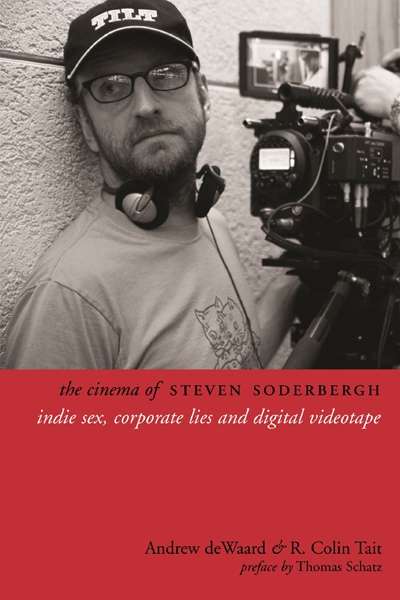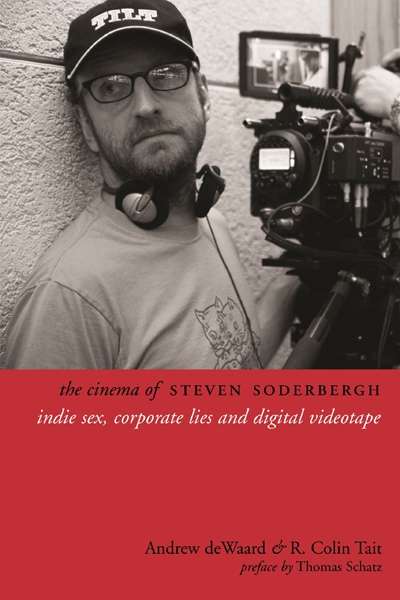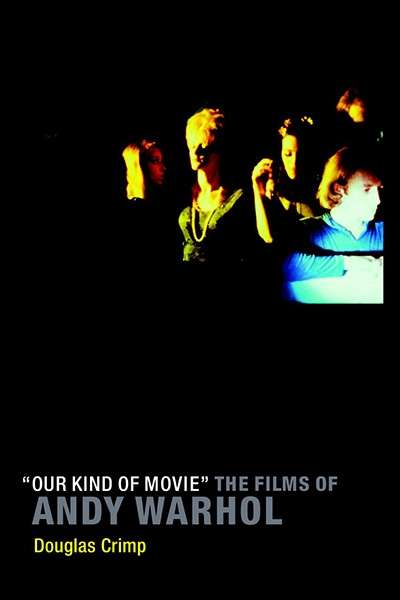Film Studies
Stranger by the Lake is set entirely within the perimeters of a cruising ground for men by the shores of a lake in France. There unfolds a perfectly simple temporal conceit in which the cruiser, a handsome thirty-something everyman called Franck (Pierre Deladonchamps), arrives each summer day, parks his car, and walks down to the pebbled beach by the lake’s edge. That this is a narrati ...
Nevil Shute’s apocalyptic 1957 novel On The Beach and Stanley Kramer’s 1959 movie adaptation hold a continued fascination, particularly for Melburnians – even if we have grown weary of the famous quip, attributed to Ava Gardner, about the city being the ideal place to film the end of the world. Largely setting aside such parochial concerns, Lawren ...
The Cinema of Steven Soderbergh: Indie Sex, Corporate Lies, and Digital Videotape by Andrew deWaard and R. Colin Tait
The last twelve months have seen some notable film reworkings of classic literary texts, with Anna Karenina set in a theatre, a black Heathcliff in Wuthering Heights, and a gorgeous Much Ado About Nothing enacted in monochrome contemporary California. Now we have a compelling version of Henry James’s novel What Maisie Knew (1897), ...
Anthology films are expected to be uneven; in a way, the unevenness is the point. With no less than eighteen directors on board, this adaptation of Tim Winton’s short story collection The Turning (2004) resembles an epic round of the surrealist game Exquisite Corpse, in which players separately draw parts of a human figure on a sheet of paper which is then unfolded to reveal the bizarre whole.
... (read more)The last twelve months have seen some notable film reworkings of classic literary texts, with Anna Karenina set in a theatre, a black Heathcliff in Wuthering Heights, and a gorgeous Much Ado About Nothing enacted in monochrome contemporary California. Now we have a compelling version of Henry James’s novel What Maisie Knew (1897), which reminds one of what a ...
The Cinema of Steven Soderbergh: Indie Sex, Corporate Lies, and Digital Videotape by Andrew deWaard and R. Colin Tait
One should approach a new film with an open mind, but it’s very hard to do so when it has been preceded by the sort of hype that has accompanied The Great Gatsby. And it’s not just the hype but the other threats to the open mind which include the famous source novel (one that people know about even if they haven’t read it), the previous film versions, ...




